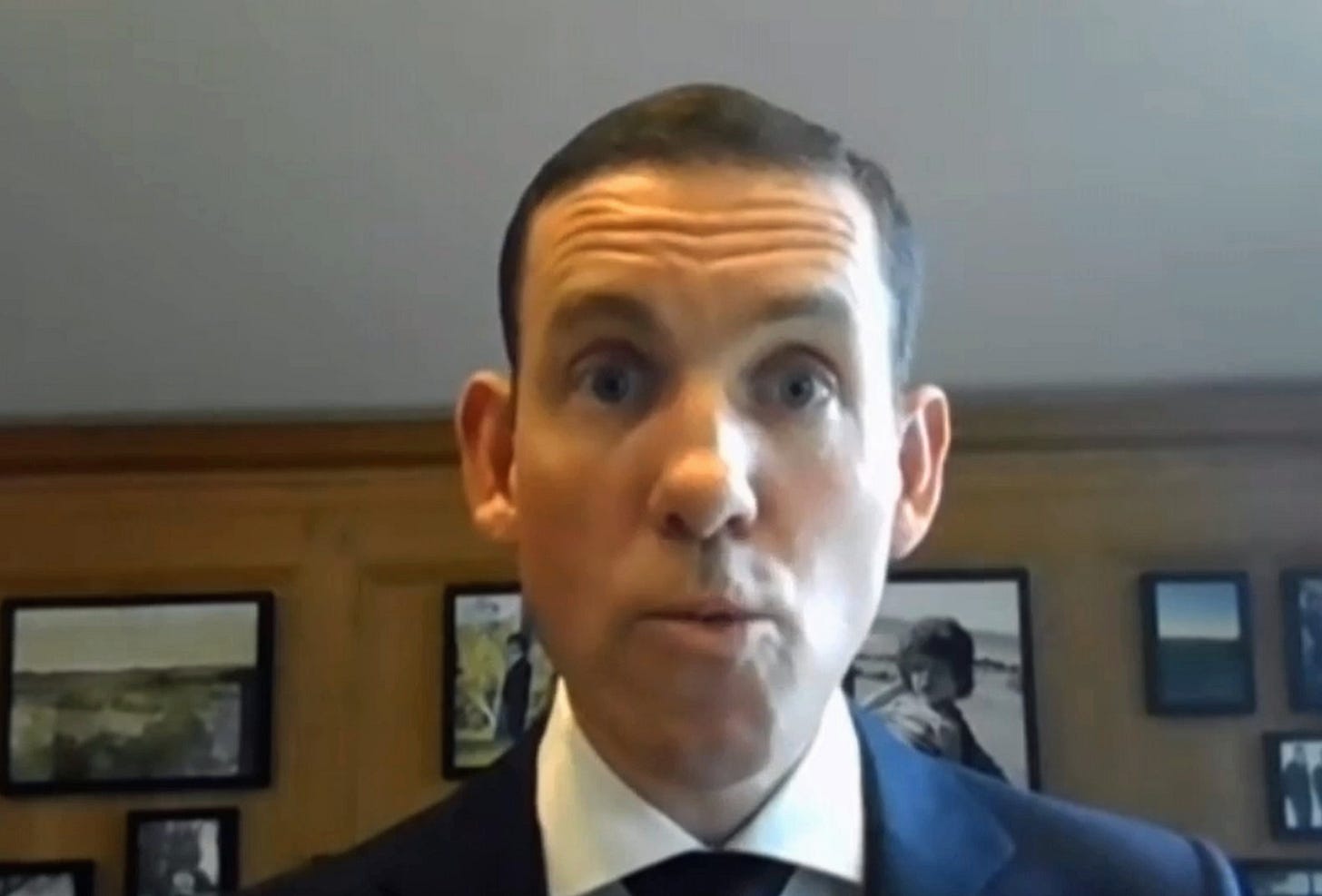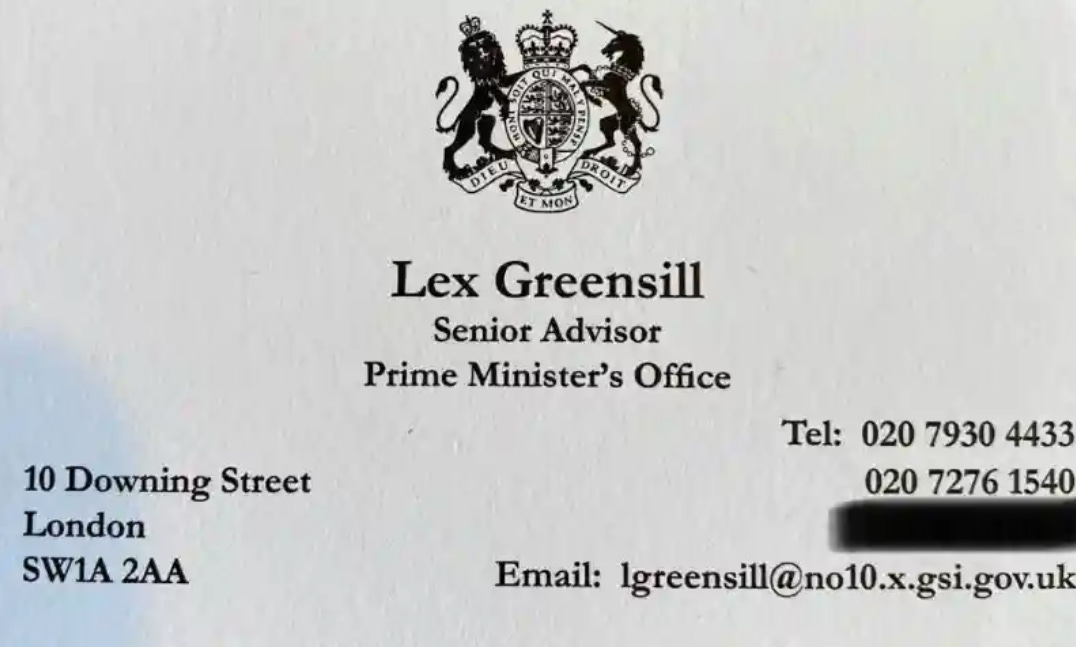Con of the Week: Greensill Capital
When the face of a traditionally low-margin business starts collecting private jets, it's time to head for the exits
For an explanation of the “Con of the Week” feature, click here.
Scrooge never painted out Old Marley’s name. There it stood, years afterwards, above the warehouse door: Scrooge and Marley…
Oh! but he was a tight-fisted hand at the grindstone, Scrooge! a squeezing, wrenching, grasping, scraping, clutching, covetous old sinner! Hard and sharp as flint, from which no steel had ever struck out generous fire; secret, and self-contained, and solitary as an oyster.
Charles Dickens never quite explained the business of Scrooge and Marley in A Christmas Carol. We knew old Ebeneezer was familiar with the fellows at the “‘Change” (the stock exchange), spent time in a “counting-house,” and was owed money all over town. One of the few things that made him happy was the passage of time, for debts to him — marked “three days after sight of this First of Exchange pay to Mr. Ebenezer Scrooge” — would become mere worthless securities, “if there were no days to count by.”
One theory is “Scrooge and Marley” were engaged in an age-old business called “supply chain financing.” The concept is simple. A supplier sells an order to a buyer. Rather than wait for the buyer to pay, the supplier accepts immediate payment with a slight discount from the supply chain financier, who in turn later collects the full amount from the buyer.
Scrooge once would have been a perfect fit as a leading man for Supply Chain Financing. It's “blocking and tackling” finance work, a simple, unsexy living, best left in the hands of one who holds pennies in a vice-grip. If you’re not the type to bring a book of debts home for pleasure-reading, you wouldn’t prosper in this profession.
That was consensus, until Lex Greensill came along.
The Anglo-Australian son of melon and sugar cane farmers in Queensland is a charmer. His toothsome, button-eyed, just-happy-to-be-here persona comes off like an Australian version of an aw-shucks Southern televangelist lost in prayer as you pass the collection plate. The video below shows him after receiving an $800 million capital injection for his new, “democratized" supply chain finance business, deflecting questions about Greensill Capital’s exploding valuation, acting as though an IPO were the furthest thing from his mind:
Lex wowed the cream of British society. As far back as 2012, former Prime Minister David Cameron made Greensill an unpaid “senior advisor,” even giving him a business card with a 10 Downing Street Address:
Prince Charles in 2018 decorated him as a Commander of the Order of the British Empire at Buckingham Palace, for “services to the British economy.” He was nominated by the late Cabinet Secretary, Lord Jeremy Haywood, the country’s most powerful civil servant. Upon receipt of the honor, Greensill humbly paid tribute to “Mum,” saying, “I couldn't go to university because we didn't have the money… today was the graduation Mum had never been able to go to.”
In finance there regularly appears a character who stands on a soapbox and claims to have re-discovered the natural laws of the universe. Go ahead, jump: with 10 shares of Invest-O, you won’t come down! Alan Greenspan’s declaration in the middle of the first tech bubble that we might be in the middle of a “once-or twice-in-a-century phenomenon that will carry productivity trends to a new higher track” helped birth the “new paradigm” theory, which denounced caution before investing in companies without revenues or plans as anachronistic timidity.
Greensill prophesied a revolution in his erstwhile dull trade. He hammered the theme that “AI” and “Big Data” were bringing about a “tectonic shift,” described by one writer as “the biggest revolution in history.” A Greensill circular from two years ago summed up the pitch:
This is an excerpt from today’s subscriber-only post. To read the entire article and get full access to the archives, you can subscribe for $5 a month or $50 a year.




